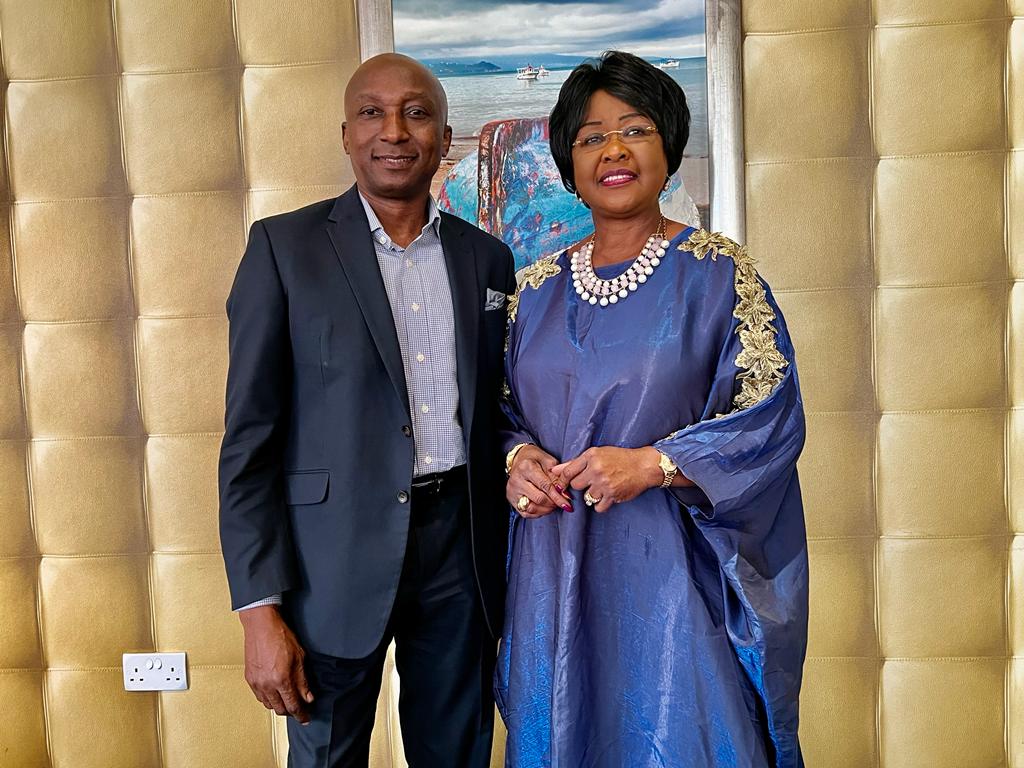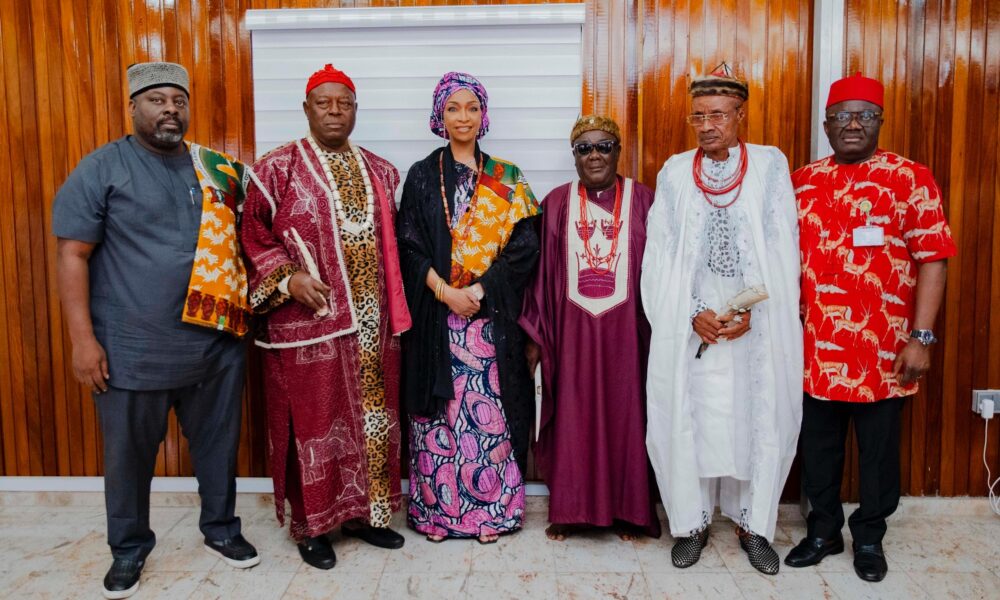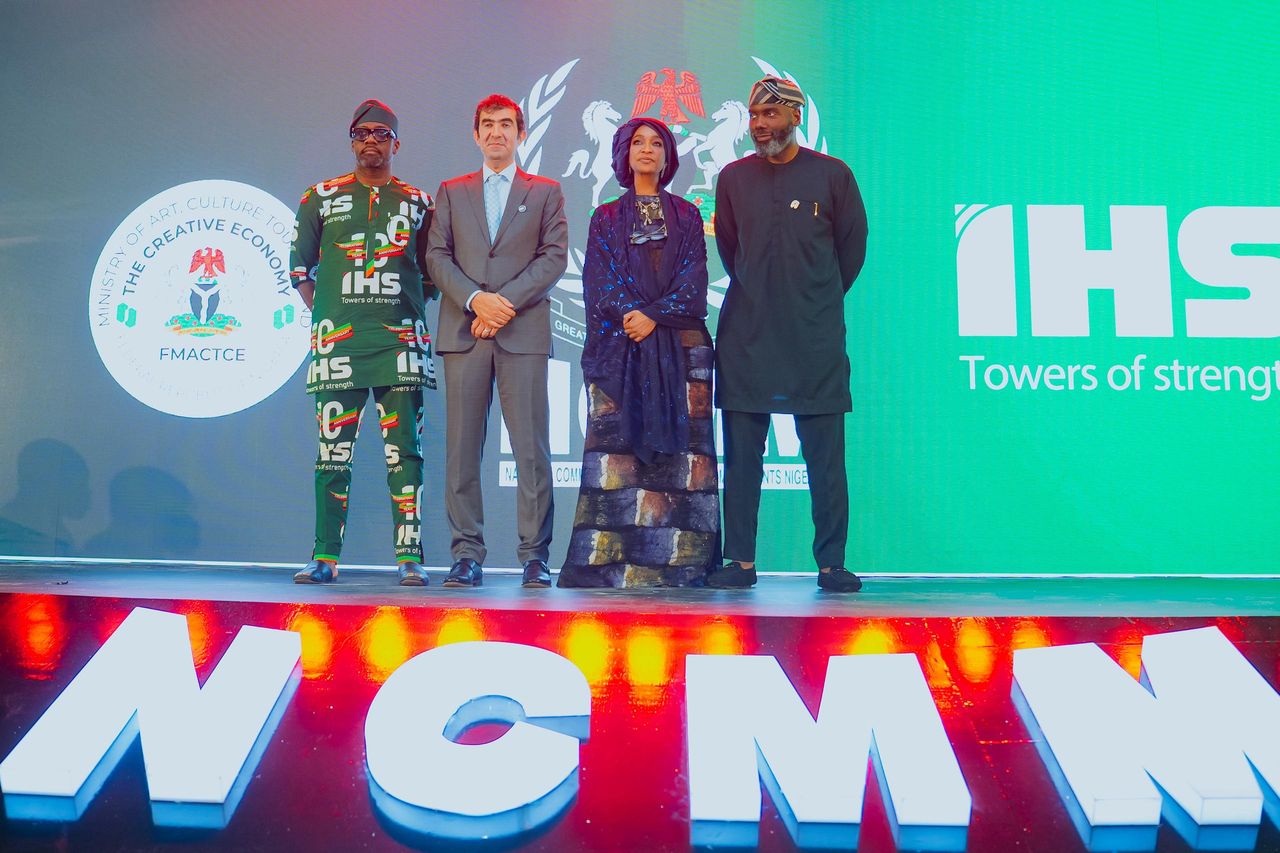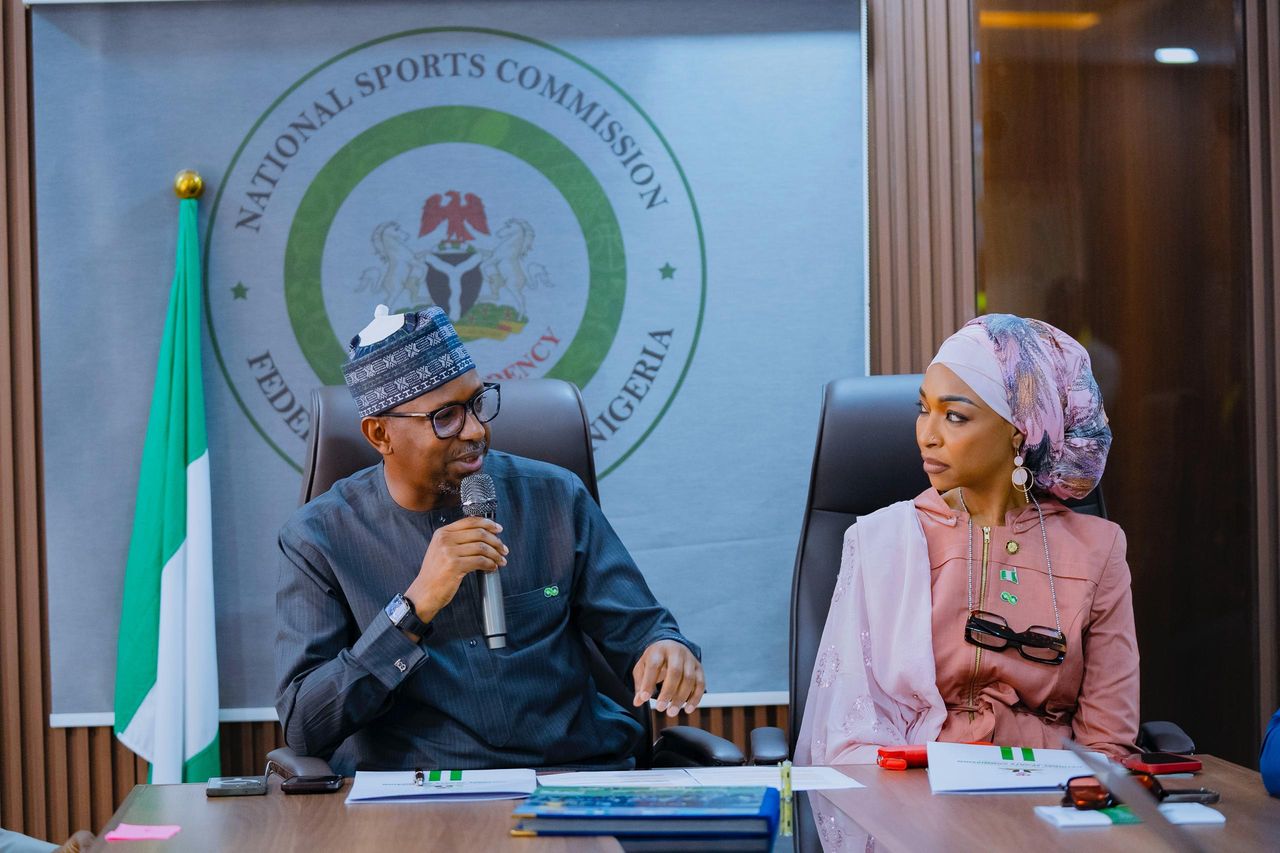The African Diaspora Development Institute (ADDI) and a Nigerian firm on the aiges of International Property Investment and Development (IPIAD) have embarked on a journey to bring back home descendants of Africans that were sold into slavery all over the world.
To this end, plans are on the way to develop a-major 5-star mixed-use business, leisure and historical destination resort city project Rivers state.
The project being championed by IPIAD, a historical tourism development firm, ADDI and other foreign partners is aim to attract back home African Americans who want to relocate to Nigeria or re-discover their ancestral roots, families, kingdoms and villages in Nigeria.

In a statement released on Sunday in Abuja after a visit of President of ADDI recently in Lagos, IPIAD’s President Prince Kalada William-Jumbo, said the first phase of the proposed TUSONDEL City project was estimated to cost $2.5 billion and over a period of 10 years expected to attract investments of around $10.0 billion.
Prince William-Jumbo noted that African Diaspora Development Institute (ADDI) recently concluded a successful ground breaking ceremony of a similar project referred to as “Wakanda City of return” in Cape Coast, Ghana which attracted a lot of Africans in the diaspora to come back home to Ghana/Africa.
On the choice of Rivers state as the location, William-Jumbo who is also a member of the ADDI advisory board said “Bonny Kingdom is one of the oldest, richest and most famous of all the Kingdoms in the region and like its land, its history is also very rich and old, but not without controversy and pain.
“Historically, Bonny Kingdom was a major strategic trading and economic hub hundreds of years ago. A centre for learning, commerce and trade, and still is till this day. At the peak of Bonny Kingdom’s reign, between the 19th – early 20th century, the People of Bonny and the extended Niger Delta Kingdoms in general, also participated in the dreadful but at that time, very lucrative business of slave trading.
“When slavery was finally abolished by the British, Bonny Kingdom and other slave trading Kingdoms began a journey of decline and eventually fell. Majority of the slaves that were sold and shipped off to North America especially the USA, were sold and shipped off from Bonny Kingdom.”
While calling on the Rivers state government to support and invest in the project, the statement said: “The First phase of our planned TUSONDEL City project is estimated to cost $2.5 Billion US Dollars and over a period of 10 years is expected to attract investments of around $10.0 Billion USD.
“When completed the TUSONDEL City project will boost economic and business activities around and beyond the Armpit of Africa, create thousands of new jobs and businesses, promote tourism, economic and leisure activities in Finima, the Bonny Kingdom area, the extended Niger Delta area and Nigeria in general for both Nigerians and foreigners alike.
“Nigeria and Nigerians stand to gain enormously from the wealth of experience our African Brothers, Sisters and Children in the Diaspora possess. They really want to come back home to visit at least once, so as to enable them decide on relocation plans, to trace their ancestral homes and families, obtain a 2nd citizenship, start a new Life, Invest in Africa, train their fellow Africans and create lots of jobs/business opportunities.
“We’re also looking for Kingdoms families towns villages and people whose ancestors were directly or indirectly involved in the Slave Trade for Forgiveness and Re-unification Prayers which will foster in a new era of Prosperity Peace Love Unity and Freedom.
“We plan to formally meet the Governor of Rivers State Government so as to partner with us Rivers State Government and the Good people of Finima, Bonny Kingdom as Equity Stake partners in this laudable joint development of our proposed Lost City of TUSONDEL Project by providing us with approximately 2500 hectares of Project land for the project site at Finima and expedite all necessary approvals/Support.”



